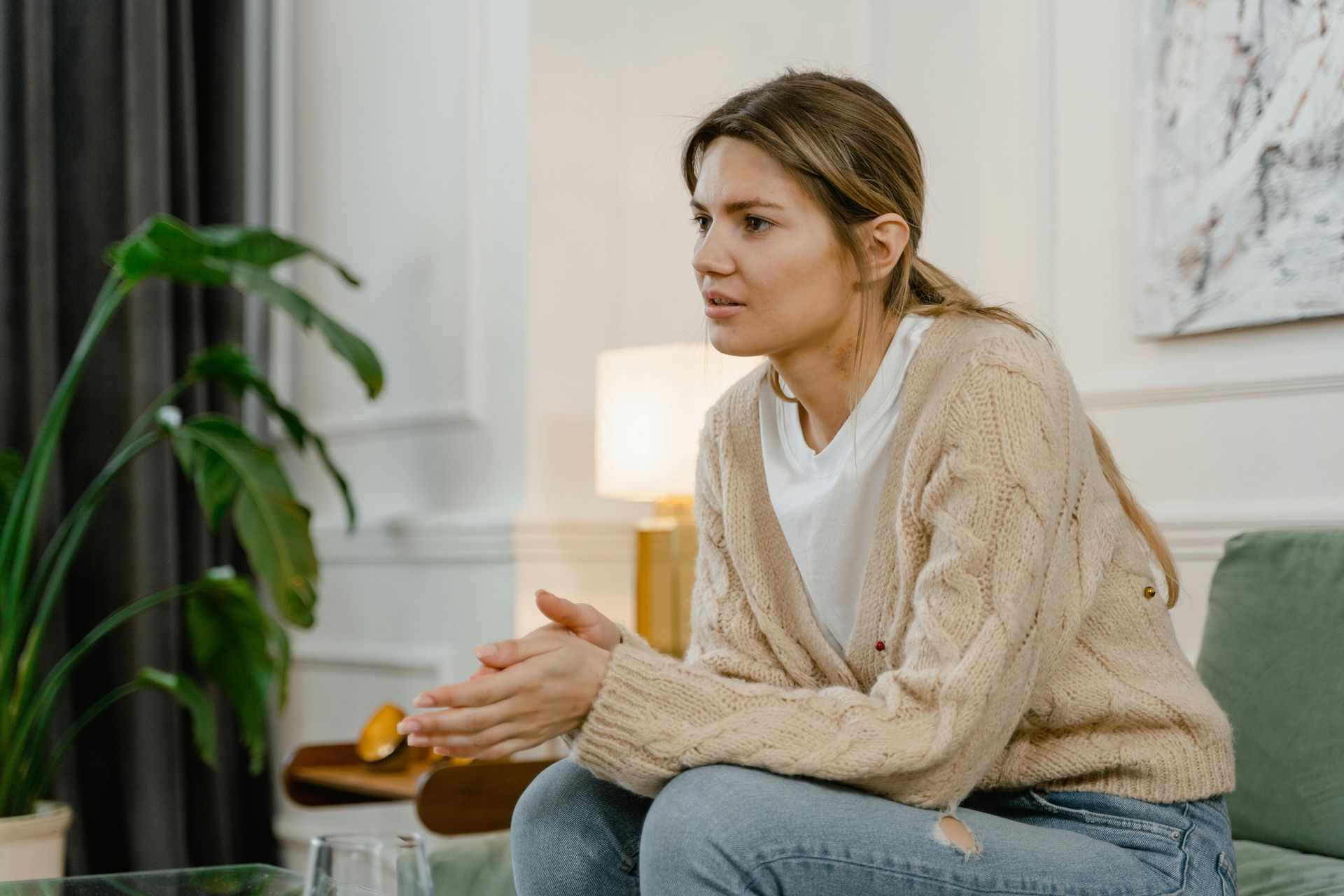Domestic Violence & Protective Orders
We help individuals seek or defend against protective orders with urgency, care, and legal clarity. Your safety and rights are our top priority.
We act quickly to help you protect yourself and your loved ones through the legal system.
Domestic violence cases often move fast and carry serious consequences. Whether you need emergency protection or you're responding to an order, we help you understand your rights and take immediate legal action.

Emergency Protection When You Need It Most
If you or your children are in danger, we can help you file for a Domestic Violence Protective Order (DVPO) to stop further harm and secure your safety through the court.
Fair Representation on Both Sides
Whether you're seeking protection or responding to accusations, we treat your case with the seriousness it deserves. We work to present your side clearly and ensure your rights are respected.
Focused on Long-Term Safety
Protective orders can affect custody, housing, and more. We help you consider both the short- and long-term impact, building a legal plan that protects your well-being.
FAQs
What is a DVPO in North Carolina?
A Domestic Violence Protective Order—also known as a 50B order—is a court-issued document that can prohibit contact and provide other protections from an abuser.
How fast can I get protection?
You can file for an emergency (ex parte) order the same day. A full hearing is usually scheduled within 10 days.
Can a protective order affect custody?
Yes. The court may issue temporary custody orders to protect children if domestic violence is involved.
Do I need a lawyer for a protective order?
You’re not required to have one, but legal guidance is strongly recommended—especially for the hearing. We’ll help you prepare and present your case clearly.
Prepared for the Tough Moments
We’re here to help you find safety, stability, and legal protection when it matters most.
Domestic violence cases can be emotional and urgent. At Lusby Law, we take immediate steps to protect our clients and ensure they are treated fairly under the law—whether seeking or defending against a protective order.
